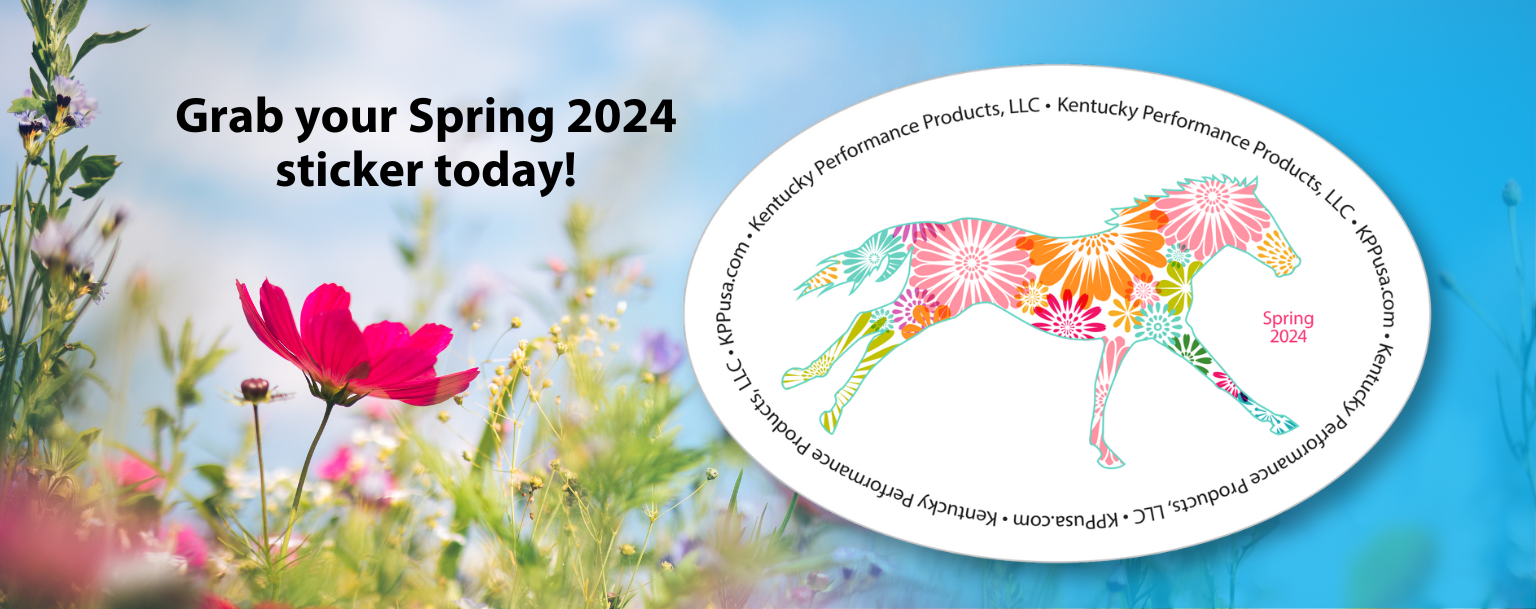
Part 1: High-Quality Forage for the Senior Horse
Senior horses require special attention to address their changing nutritional needs. As horses age, their metabolism, dental health and digestive efficiency may decrease, affecting their ability to maintain weight and absorb nutrients. In this series we’ll give you some guidelines on what to feed your senior horse.
Part 1: High-Quality Forage for the Senior Horse
Good-quality forage, such as grass hay or alfalfa hay, should form the foundation of your senior horse’s diet. Forage provides energy, protein and minerals. Feeding this essential fiber helps prevent issues like colic, hindgut imbalances and ulcers. Provide between 1.5% to 2% of your horse’s body weight in forage daily. For example, a 1,000-pound horse should eat 15 to 20 pounds of forage per day.
Good pasture counts as forage. A good rule of thumb to follow is 1 hour of grazing on good grass pasture is equivalent to consuming 1 pound of hay. Fresh grass contains more vitamins than dried, processed hay. Horse consuming large quantities of hay may need additional supplementation to replace the nutrients missing from processed hay.
If your senior horse has dental problems and struggles to chew long-stemmed hay effectively, consider supplementing their diet with hay cubes or pellets, which can be soaked prior to feeding. Soaking makes the fibers softer and easier to chew, swallow and digest. Cubes and pellets take less time to eat than long hay, so always keep some long hay available to relieve boredom and encourage chewing throughout the day. For horses prone to choke, make sure cubes and pellets are a little soupy before feeding them.
Always consult with a qualified equine veterinarian or equine nutritionist to develop a feeding plan tailored to your senior horse’s specific needs. They can help you determine the right balance of nutrients and make adjustments based on your horse’s individual health and condition. Additionally, monitor your horse’s body condition regularly and adjust the diet accordingly to ensure they maintain a healthy weight.


